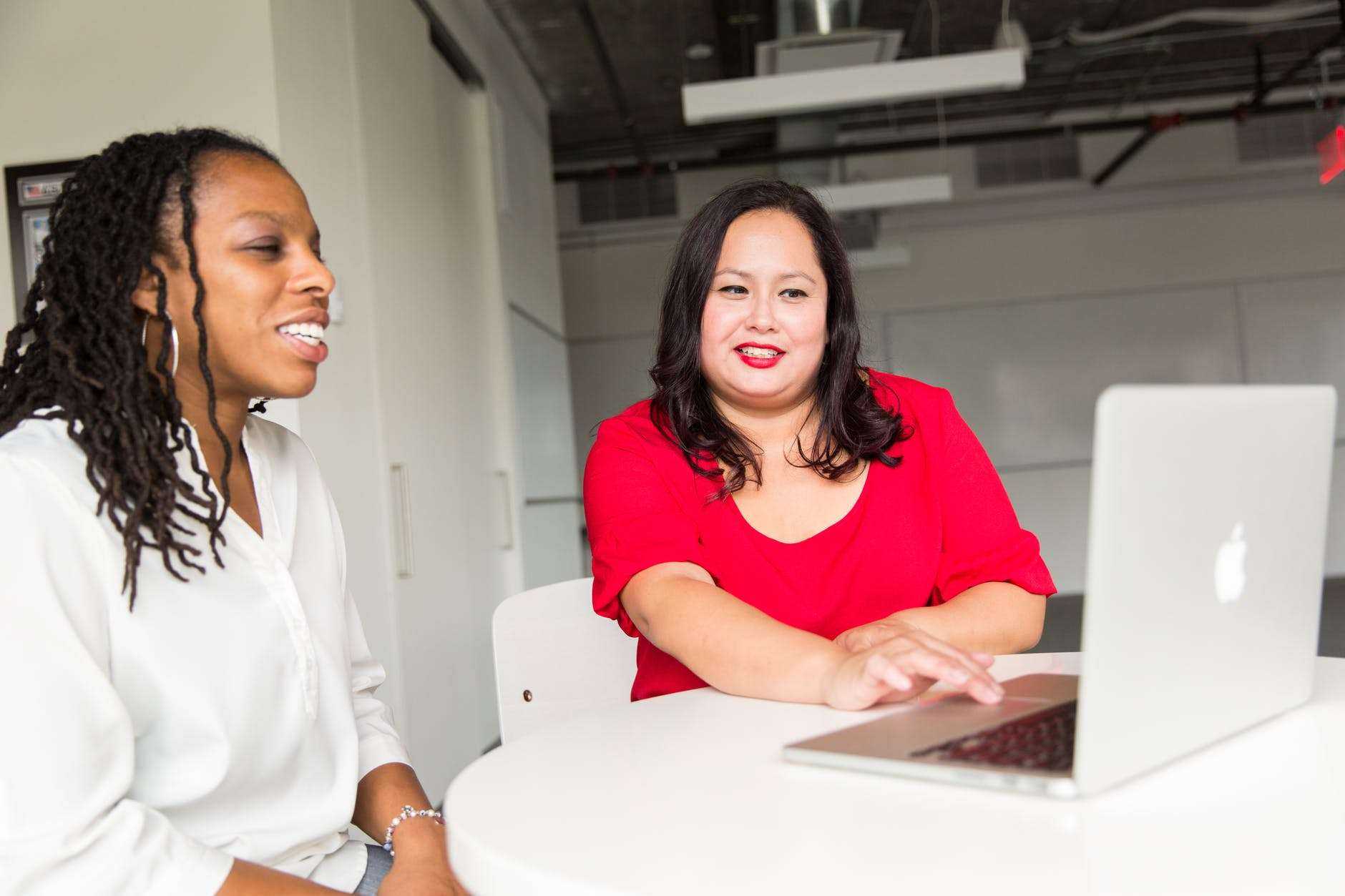BY NELISA DLAMINI
In the fast-paced world of business that we live in, it is imperative to be more intentional about personal and professional development as a woman. Personal and professional development is a continuous lifelong process of nurturing, shaping, and improving skills and knowledge to ensure maximum effectiveness and ongoing employability. Not only does it increase your employability, but it also enhances your business acumen and ultimately can improve your approach to entrepreneurship.
Development is an essential part of our journey as it sets us up for success, expands our knowledge base and skill sets, amplifies our personal strengths, helps improve our confidence, expands our professional sphere of influence, helps us set SMART (Specific, Motivating, Achievable, Relevant, Trackable) goals and it can help us become experts in our field or area of interest.
What is the difference between personal and professional development? In essence, professional development focuses on the workplace or specific business. It is the development of skills in relation to your job or enterprise, to assist in ensuring you become more effective in the workplace. Personal development, however, is more focused on leadership qualities, peer relationships, communication, time management, and more.
The success of development, whether professional or personal is highly dependent on the presence or absence of coaching and mentoring. In fact, in the 1980s, the 70-20-10 model was born. This learning and development formula was developed by Morgan McCall and the Centre for Creative Leadership.
The 70-20-10 model is based on McCall’s research which found three types of learning. He hypothesizes that 70% of learning comes from on-the-job experience and 20% from developmental relationships. Together, these two methods are often known as informal learning, since they do not follow a specified pattern and happen on their own. Only 10% of our learning is down to formal training. Twenty percent of our learning comes from developmental relationships and that is why it is imperative to take coaching and mentoring seriously if you truly desire to develop professionally and personally.
Coaches are mainly responsible for professional development and are more performance-driven, focusing on improving your on-the-job performance. Mentors on the other hand, are experienced and trusted advisors that focus on your personal development. Because mentors are development driven, they look beyond your current functional role and take a more holistic approach to career development. Having these two, work together can accelerate your development as it is a more holistic approach. Your functional competency increases as well as your personal and leadership skills, differentiating you in your field.
Coaching typically, is a short-term approach, can be up to a year, however, there are some exceptions where coaching can last longer, depending on the goals that need to be achieved. Mentoring on the other hand, tends to be more long term as it focuses more on personal development, despite the job or enterprise function.
In coaching, the coach will typically ask thought-provoking questions as a tool in order to assist you in decision-making, recognizing behavioural changes and ultimately taking action. In contrast, during mentoring sessions, you as the mentee, are more likely to ask more questions as a tool to tap into and leverage the mentor’s expertise.
Where do you start if you want coaching and mentoring? First, you need to outline your desired outcomes of both the coaching and mentoring sessions. With coaching, which functional areas in your profession do you want to develop? With mentoring, which personal traits would you like to work on or improve? Once this is established, you can choose your coach and mentor dependent on their industry expertise, position expertise or their skillset. Some workplaces can assist with selecting mentors and coaches and if this is not something readily available to you, you can ask peers in your industry who to approach.
Coaching and mentoring can accelerate both professional advancement in your organisation and improve your leadership skills. Being intentional about this will differentiate you and take you to new professional heights.

